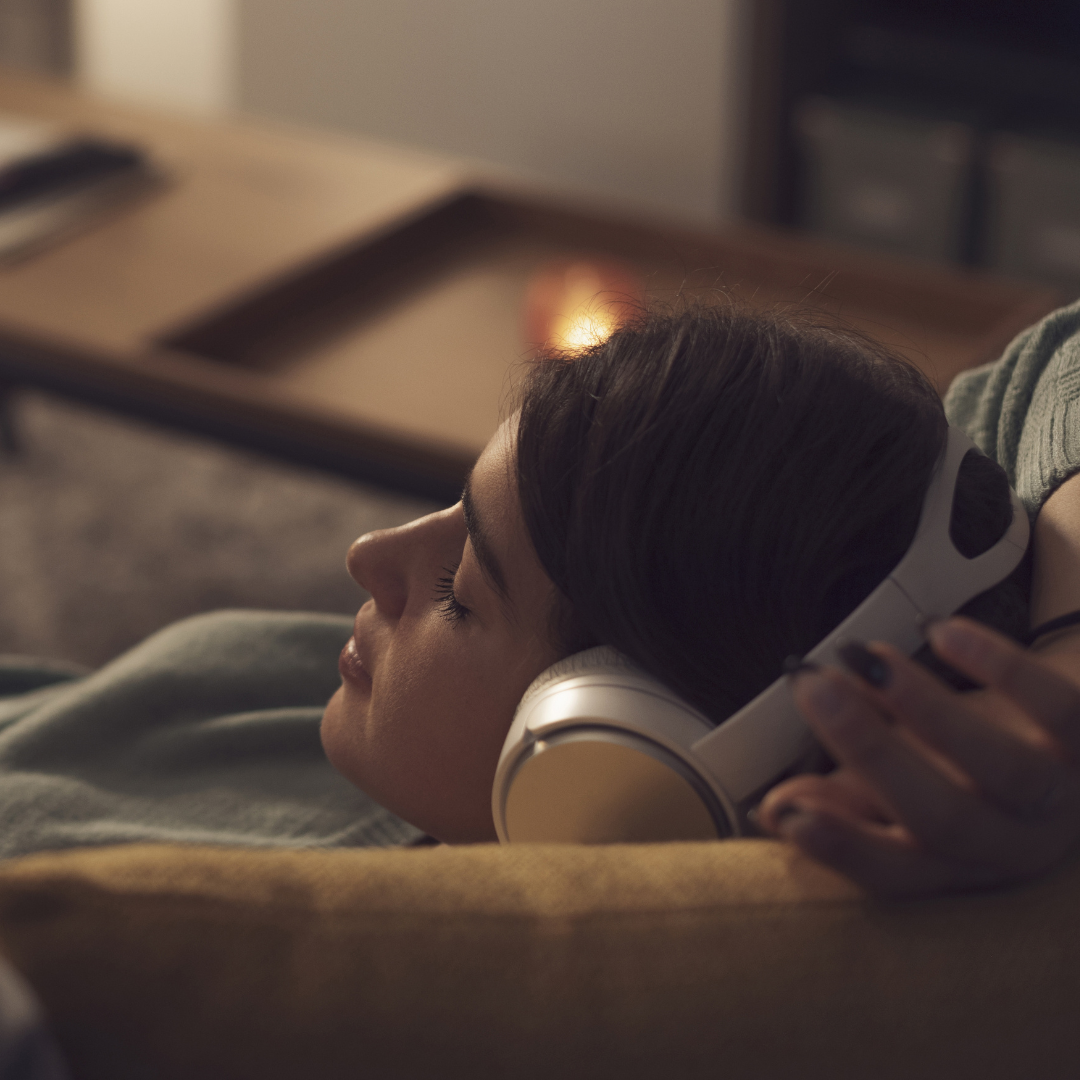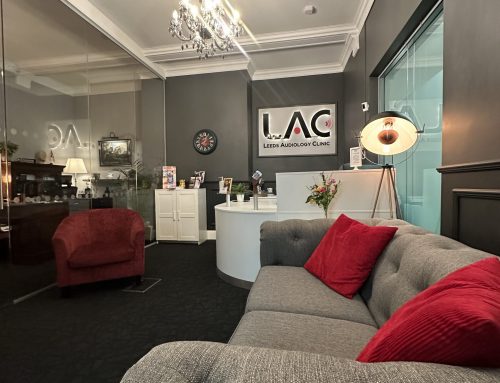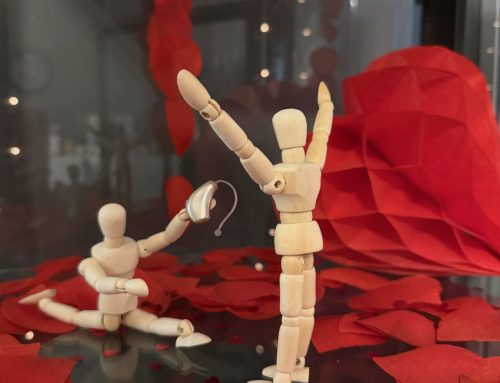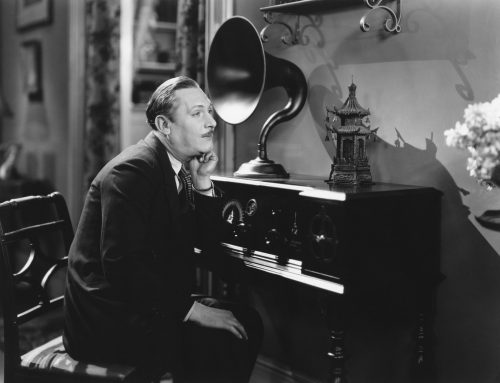Are noise cancelling headphones damaging our hearing?
You may have seen headlines like this popping up throughout the news in recent weeks. Before you read any further, it’s important to note that there are currently no studies that support this claim. However, these articles do pose an interesting question, and the overuse of noise cancelling headphones is something that we should be aware of.
So, are noise cancelling headphones damaging our hearing?
No! But they may be affecting our brain and the way we process speech and sounds.
As an audiology clinic, we have seen a rise in young people complaining of hearing loss. However, their hearing test results show that their hearing is in normal range and from a clinical point of view, they should be hearing well. So what’s going on? The problem is with their brain, not their ears and this condition is called APD.
What’s APD?
APD stands for Auditory Processing Disorder. It isn’t hearing loss or a learning disorder, it’s a condition that makes it difficult for the brain to understand and interpret auditory signals. APD usually starts in childhood, but it can start later in life.
You may have APD if you have difficulty understanding:
- People speaking in noisy places
- Strong accents
- People that talk fast
- Similar sounding words
- Spoken instructions
What causes APD?
It’s not always clear what causes APD. It could be due to regular ear infections, genetics, a head injury or complications at birth. APD is also often found in people with attention, learning and language difficulties such as dyslexia and ADHD.
How could noise-cancelling headphones cause APD?
Our brain is used to hearing thousands of different sounds and filtering out what is and isn’t important. People without APD can tune out the background noise on the train or in a busy café and focus on a conversation. Now, with noise-cancelling headphones becoming increasingly popular, we’re shutting out the background noise. We’re focusing solely on the thing we’re listening to. Whether it’s a podcast, music or phone call. And that’s great! We can concentrate better, work more effectively and feel less stimulated in a loud or overwhelming environment. But our brains may be getting too used to not hearing the background noise. So, when we do go out to the pub with friends, it’s difficult to follow a conversation as we’re just not used to it.
Should we get rid of our noise cancelling headphones?
Absolutely not! Noise-cancelling headphones have many positives. They’re great for keeping the volume lower and protecting our hearing, increasing productivity and decreasing stress. Most cases of APD are caused by things that are out of our control and there hasn’t been enough research yet to determine whether noise cancelling headphones are causing more harm than good. It’s sensible to take regular breaks when using headphones (every hour or so) to protect your hearing.
Struggling with your hearing and not sure what to do next?
Firstly, it’s a good idea to get your ears checked. Make sure there’s no wax blockage, ear infection or middle ear fluid that could be causing your hearing issues. If your ears are clear and you’re still struggling, it’s worth having a hearing test. If your hearing test comes back as normal, your audiologist should refer you for further testing. It may be that you have APD or there may be another reason for your hearing difficulties.
While there is no cure for APD, there are ways to help. Auditory training involves activities to improve listening and concentration. You can speak to a specialist but there are also lots of auditory training resources available online. Some examples can be found here and here. Consistency is key and to make the most of the listening exercises, the NHS recommend that they’re carried out 3-4 times a week for six weeks.
Don’t suffer in silence. If you’re struggling with your hearing, it’s worth reaching out to your GP or a specialist. To book an appointment for an ear check or hearing test with us, please get in touch here!
If you found this blog interesting, we’d appreciate a follow on Instagram and Facebook!






